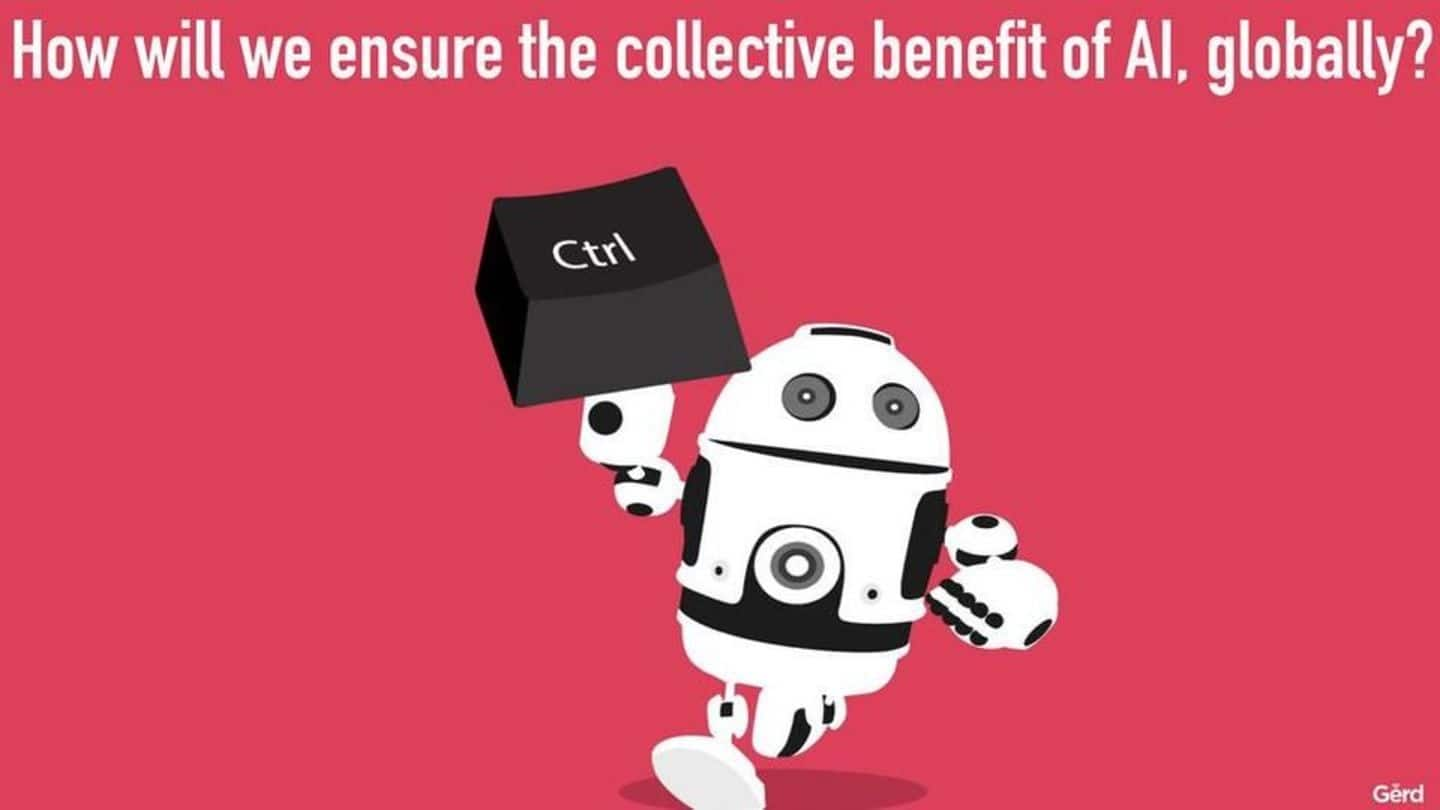
Stanford University AI experiment criticized for 'identifying gay faces'
What's the story
A Stanford University facial recognition experiment claims to have the ability to distinguish between homosexual and heterosexual individuals. Scientists said their software can recognize facial features pertaining to sexual orientation which humans can't. The experiment has sparked a tiff between its creators and two LGBT-rights groups, who allege it is "dangerous" and "junk science." The scientists said these are "knee-jerk" reactions.
Explained
How the experiment works?
An algorithm was trained using photos of 14,000 white Americans from a dating website. The self-reported sexual orientation of the individuals was also inputted. The software was able to distinguish between gay and heterosexual men and women while comparing two photos at a time. For men, it was able to determine which was which 81% of the time and for women, 71%.
Limitations
Experiment hasn't had complete success
"Gay faces tended to be gender atypical," the scientists said. "Gay men had narrower jaws and longer noses, while lesbians had larger jaws." However, the software was unable to perform as well in other tests. It was provided photos of 70 gay and 930 heterosexual men. It was asked to select 100 men "most likely to be gay" but missed 23 of them.
Quote
Economist highlights further limitations of experiment
The Economist, which first reported the research, highlighted several "limitations" in it. This includes the use of only white Americans and the selection of photos from dating website photos which were "likely to be particularly revealing of sexual orientation."
Criticism
LGBTQ group calls research "reckless"
"This research isn't science or news, but it's a description of beauty standards on dating sites that ignores huge segments of the LGBTQ community, including people of color, transgender people…" said LGBTQ media-monitoring body Glaad. It said the "reckless findings" could end up as a weapon harming heterosexuals who are inaccurately outed as homosexuals, and homosexuals for whom coming out is dangerous.
Quote
Human Rights Campaign calls research "junk science"
The Human Rights Campaign said: "Stanford should distance itself from such junk science… that is dangerously flawed and leaves the world - and this case, millions of people's lives - worse and less safe than before."
Response
Scientists respond by calling criticism "premature judgement"
Prof Michael Kosinski and Yilun Wang, two researchers involved in the experiment, have responded to the criticism calling it "premature judgment." The two acknowledged that their "findings could be wrong… however, scientific findings can only be debunked by scientific data and replication, not by well-meaning lawyers and communication officers lacking scientific training."